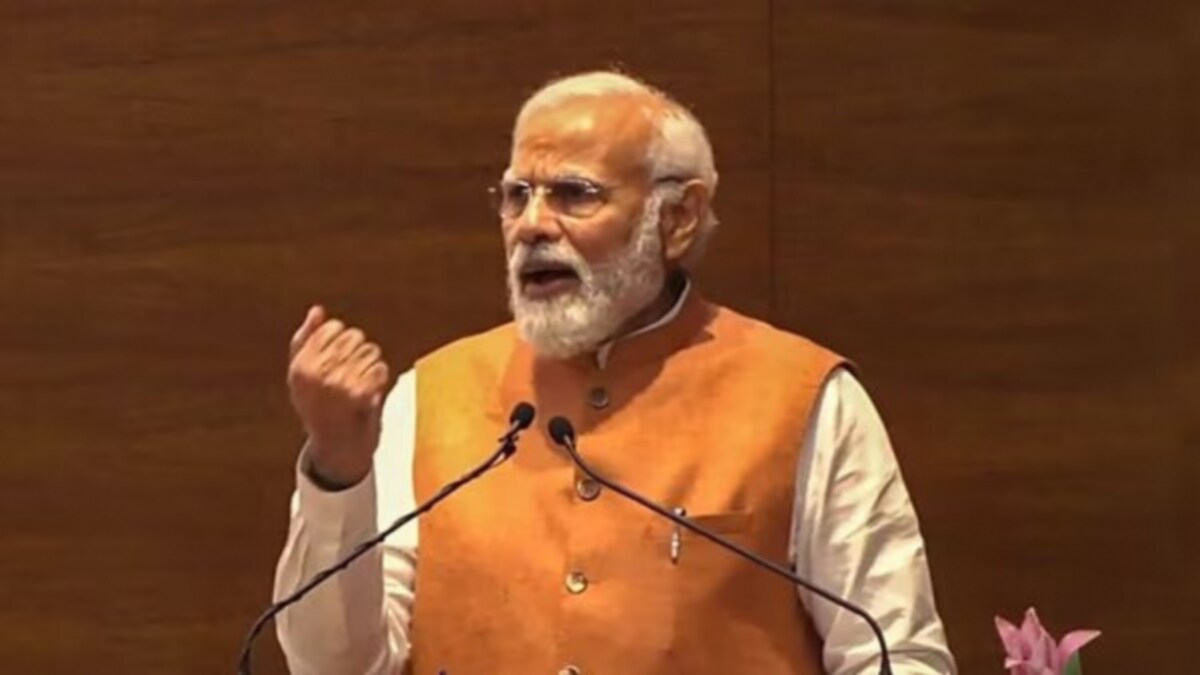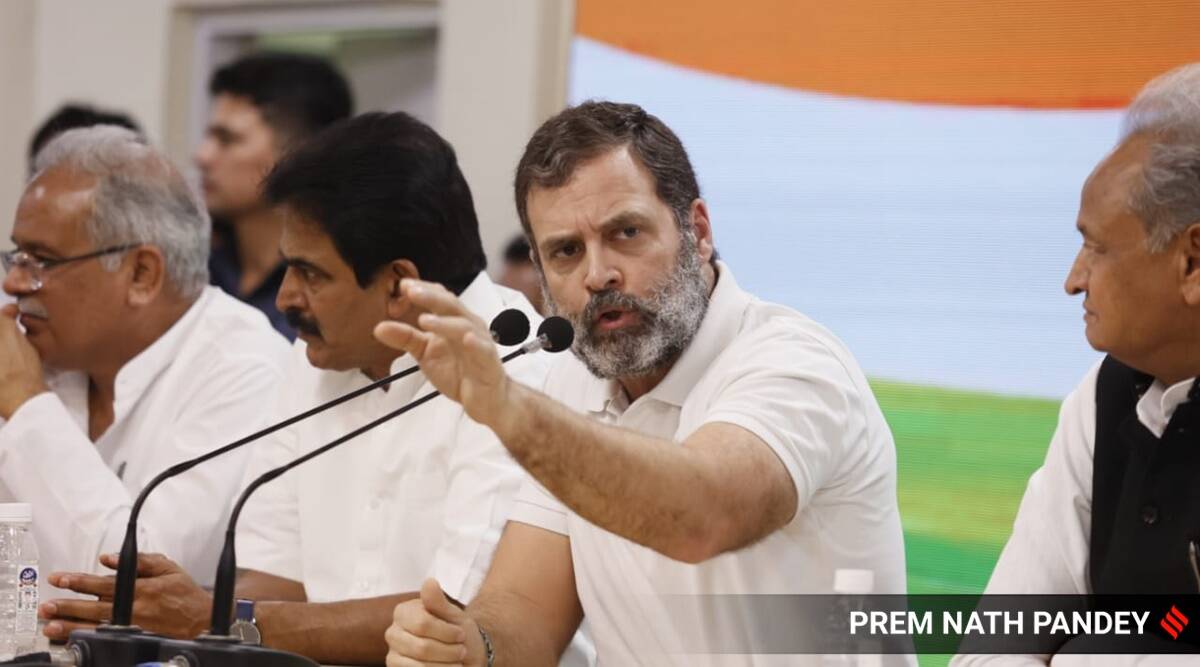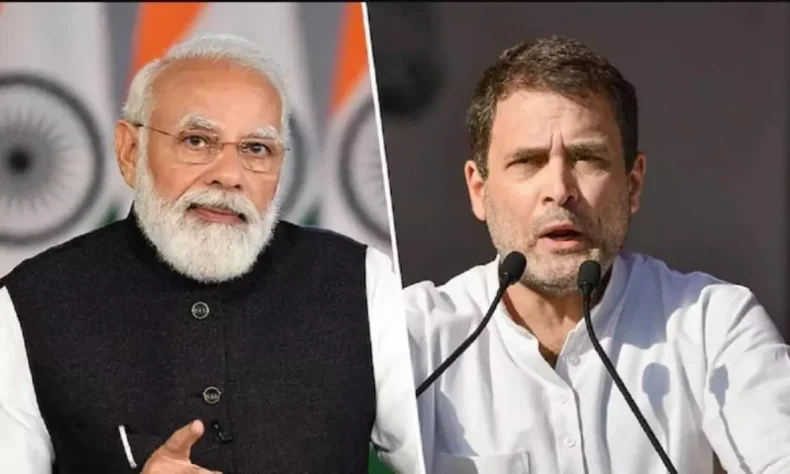Indian politics has always been a battlefield of ideas, ideologies, and political ambitions. In the lead-up to the crucial 26-party meeting in Bengaluru, Prime Minister Narendra Modi launched a scathing attack on the opposition parties, accusing them of prioritizing their own interests over the nation’s well-being. The Prime Minister’s remarks shed light on the ongoing tensions and power struggles within the Indian political landscape. This article examines the significance of PM Modi’s statements and delves into the broader implications for the Indian democracy.
PM Modi’s Critique of the Opposition:
During his address to party workers, Prime Minister Modi argued that the opposition parties are primarily driven by dynastic politics, focusing on their family interests rather than the welfare of the nation. He criticized their alleged lack of vision and their failure to present a coherent alternative agenda for the country. The Prime Minister also accused the opposition of adopting divisive strategies and spreading misinformation to serve their political motives.

Importance of the 26-Party Meet:
The 26-party meeting in Bengaluru assumes significant importance as it brings together a diverse range of regional and national parties. This gathering provides a platform for political leaders to discuss crucial issues facing the nation, develop consensus on policy matters, and strategize for future elections. The meeting is an opportunity for the opposition to present a united front against the ruling Bharatiya Janata Party (BJP) and demonstrate their commitment to the welfare of the people.
Challenges and Opportunities for the Opposition:
The opposition parties face several challenges as they gear up for the 26-party meeting. Firstly, the absence of a unified agenda and ideological clarity within the opposition coalition could undermine their ability to challenge the ruling party effectively. Second, the allegations made by PM Modi regarding dynastic politics pose a significant hurdle, as the public sentiment has increasingly turned against political families and their hereditary control over parties.
However, the meeting also presents an opportunity for the opposition to project a viable alternative to the current government. They can emphasize issues such as unemployment, economic disparities, and social justice to resonate with the concerns of the Indian populace. A cohesive strategy that combines ideological alignment, effective messaging, and a clear roadmap for governance could help the opposition regain its momentum.
Implications for Indian Democracy:
PM Modi’s criticism of the opposition parties highlights a deeper issue within Indian democracy—the dominance of dynastic politics. While political dynasties are not unique to India, the country’s political landscape has often been characterized by influential families passing on power from one generation to another. This has raised concerns about the lack of meritocracy and the sidelining of fresh voices within political parties.
The Prime Minister’s attack on dynastic politics and the opposition’s alleged focus on family interests underscores the need for democratic reforms that promote transparency, accountability, and the nurturing of new leadership. Indian democracy must encourage a level playing field where leaders emerge based on their vision, integrity, and commitment to the nation.

As the 26-party meeting in Bengaluru approaches, the political atmosphere in India becomes charged with anticipation. Prime Minister Narendra Modi’s criticism of the opposition parties for prioritizing family interests over the welfare of the nation is a reminder of the ongoing power struggles and challenges faced by Indian democracy. The meeting holds great potential for the opposition to regroup, present a united front, and offer a credible alternative to the ruling party. However, it also underscores the pressing need for reforms that can address the issue of dynastic politics and foster a more inclusive and vibrant democratic system in India.













